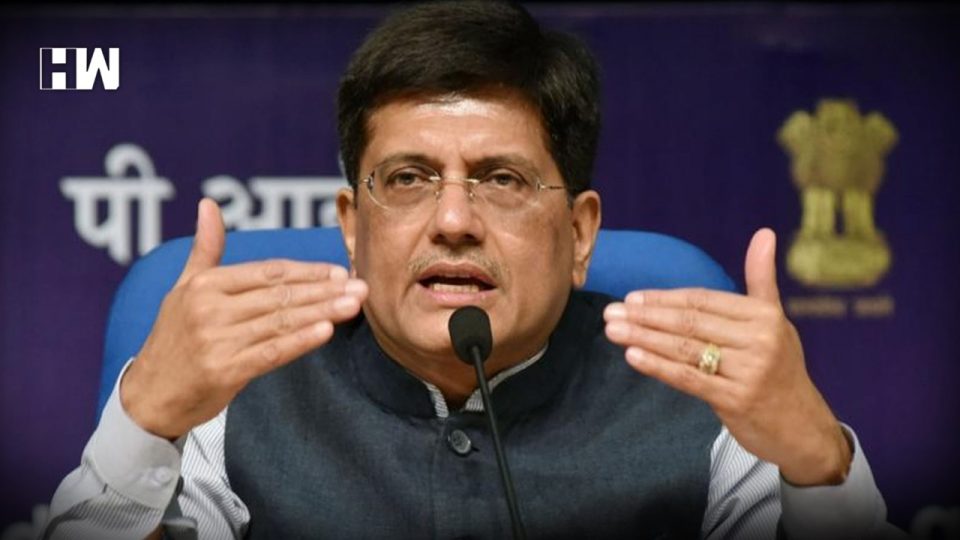New Delhi | The Cabinet on Wednesday approved a Rs 22,594-crore expansion of Numaligarh refinery in Assam for increasing the capacity by 6 million tonnes per annum to meet the fuel demand of north-eastern India.
The central government will provide a Rs 1,020 crore viability gap funding for the project, said Coal and Railway Minister Piyush Goyal in a news briefing on Cabinet decisions.
Numaligarh Refinery Ltd, in which 61.65 per cent is owned by Bharat Petroleum Corp Ltd (BPCL), currently refines 3 million tonnes of crude oil a year. The refinery was set up in 1999 following the Assam Accord.
Goyal said the Cabinet Committee on Economic Affairs, chaired by Prime Minister Narendra Modi, gave its approval to the expansion of the refinery to 9 million tonnes per annum.
“It (the project) involves setting up of a crude oil pipeline from Paradip (in Odisha) to Numaligarh and product pipeline from Numaligarh to Siliguri (in West Bengal) at a cost of Rs 22,594 crore. The project is to be completed within a period of 48 months, after approval and receipt of statutory clearances,” he said.
The total project cost of Rs 22,594 crore will be financed by a mix of debt, equity and Viability Gap Funding (VGF). The debt of Rs 15,102 crore will be raised by Numaligarh Refinery Ltd (NRL) and apart from its internal accrual of Rs 2,307 crore, the promoters — BPCL, Oil India Ltd and Government of Assam (GoA) will contribute to equity.
“The project will be supported by VGF of Rs 1,020 crore from the Government of India,” he said.
The expansion of the refinery will meet the deficit of petroleum products in the North-East. It will also sustain the operations of all North East refineries by augmenting their crude availability.
Oil India Ltd (OIL) holds a 26 per cent stake in the refinery with the Assam government holding the balance 12.35 per cent equity.
Demand for fuel in the North-East has outstripped other regions.
The refinery was set up in accordance with the provisions made in the historic Assam Accord signed on August 15, 1985, and was conceived as a vehicle for speedy industrial and economic development of the region.
The 3 million tonnes per annum Numaligarh refinery was dedicated to the nation by the then Prime Minister Atal Bihari Vajpayee on July 9, 1999. It began commercial production of fuel in October 2000.
India currently has an oil refining capacity of 249.4 million tonnes per annum, which outstrips the demand of 206.2 million tonnes of petroleum products like petrol and diesel.
However, the demand is projected to rise exponentially in future and so it is expanding refinery capacity to meet the consumption growth.
Oil Minister Dharmendra Pradhan last month told Parliament that India’s diesel demand is likely to double to 163 million tonnes in 12 years.
As per the International Energy Agency’s World Energy Outlook 2018, the country’s oil demand is projected to jump by 61 per cent to 350 million tonnes of oil equivalent by 2030.
As an independent media platform, we do not take advertisements from governments and corporate houses. It is you, our readers, who have supported us on our journey to do honest and unbiased journalism. Please contribute, so that we can continue to do the same in future.

